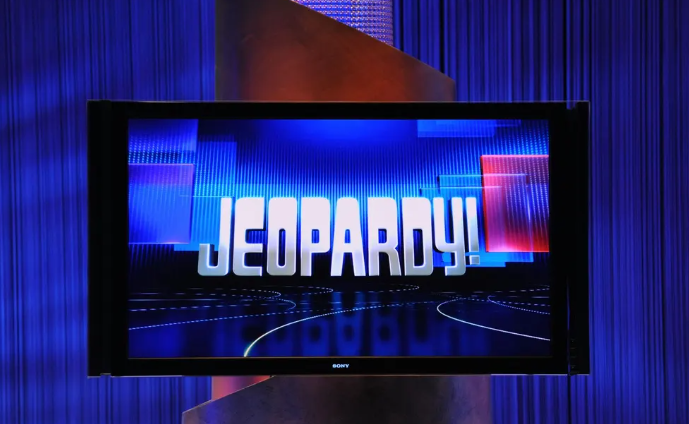The pharmaceutical giant Moderna has recently become a sponsor for the long-running quiz show Jeopardy. However, some fans are expressing concerns that the show is actively promoting vaccination messaging. Jeopardy, which is currently in its 40th season, is hosted by Ken Jennings and Mayim Bialik.
While corporate sponsorships are a common occurrence alongside commercials and promotional elements, many viewers are astonished by the extent of Moderna’s advertising involvement on Jeopardy.
Detractors argue that Jeopardy has incorporated vaccine-related messaging into its programming to an extent where it’s challenging to distinguish between advertising and the show’s own messaging. Moderna, a publicly traded company headquartered in Massachusetts, boasting an annual revenue close to 20 billion dollars, is at the center of this discussion.
The pharmaceutical sector is arguably one of the largest industries in the United States, characterized by an abundance of legal terminology, intricate details, and substantial financial investments in advertising and education.
Most television viewers are familiar with commercials that conclude with rapid disclaimers stating that the FDA has not assessed the effectiveness of a particular pill or product and advising consultation with a healthcare professional due to potential variations in results.
These advertisements can pertain to skincare products, supplements, or even life-saving medications. It’s noteworthy that the United States is one of only two countries that permit direct-to-consumer pharmaceutical advertising.
As per Tom Nichols’ article in The Atlantic, the inaugural prescription drug advertisement came from a European manufacturer of ibuprofen in Florida during the 1980s. This caught the attention of the FDA, which insisted on the inclusion of necessary disclaimers, significantly lengthening the commercial.
As the 1990s progressed and technological advancements were made, coupled with clearer FDA guidelines on how companies could advertise in commercials while incorporating required disclaimers, the pharmaceutical industry’s investment in TV ads surged. In 1997, drug companies spent $300 million on TV ads, a figure that doubled in 1998. By the year 2000, it had become a 1.5-billion-dollar industry.
Fast forward to 2023, and it has ballooned into a 6-billion-dollar industry, and this doesn’t even encompass marketing directly to healthcare professionals. Nichols argues that, for the well-being of all Americans, this practice should be brought to an end.








